Why Division Among Conservatives Is a Virtue
We should only be alarmed today by the existence of conservative activists disillusioned by division within their own ranks.

We should only be alarmed today by the existence of conservative activists disillusioned by division within their own ranks.
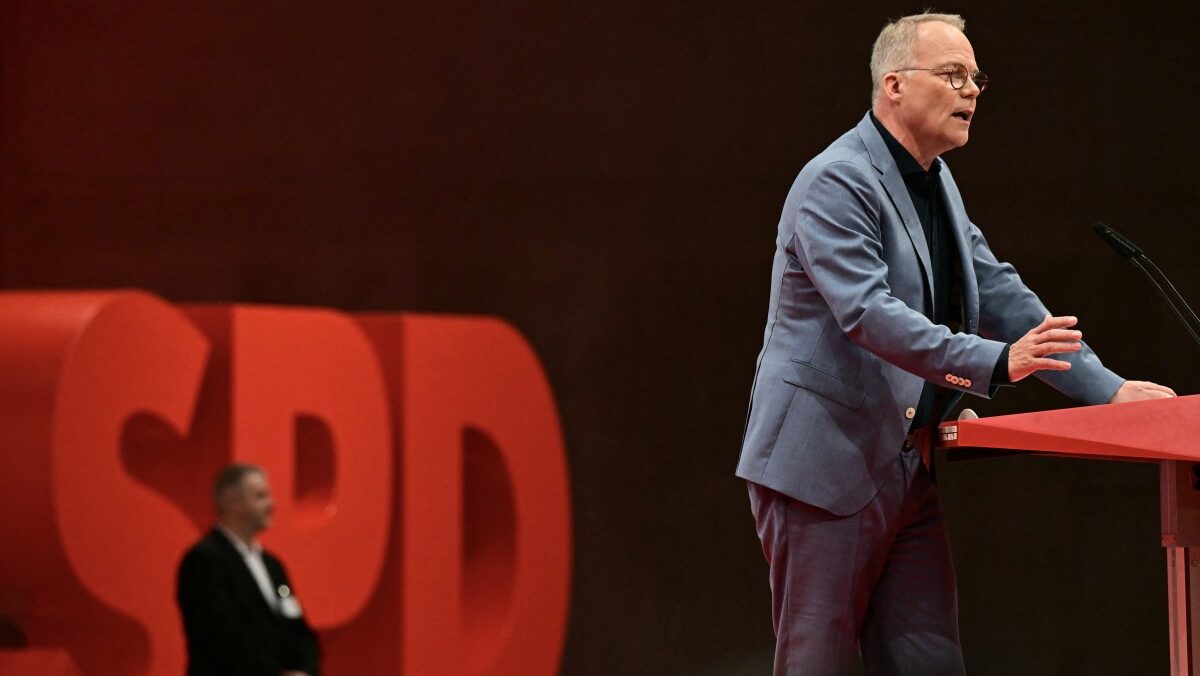
The socialists insist on stacking the Constitutional Court with far Left judges, aiming to outlaw the AfD and greenlight abortion right up until birth—while pretending to out‑Christian the Catholic Church.
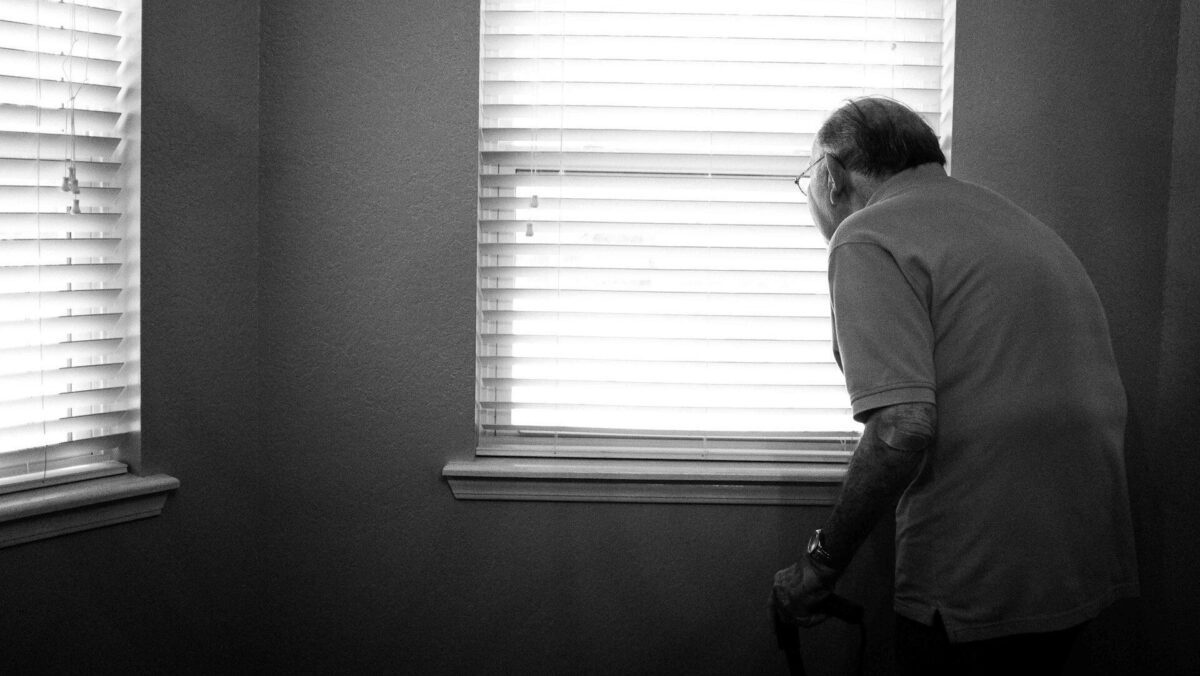
If we are only meaningless atoms, it makes no sense not to kill us once we’ve become redundant.

In a span of a few weeks, I was confronted with two distinct views on death and two distinct ways of dying. In one was the illusion of self-mastery; in the other, the radical surrender of self.
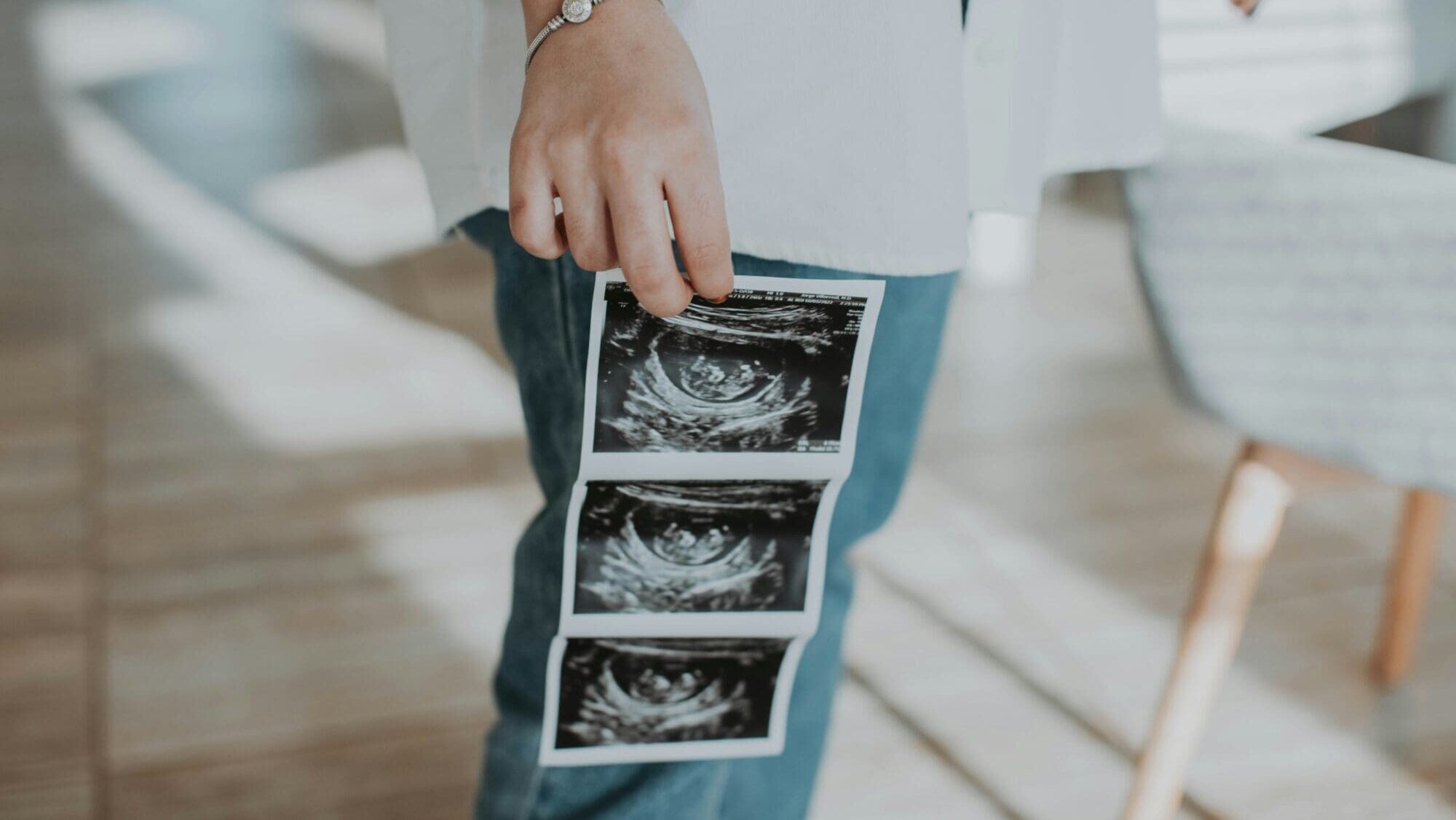
A new regulation trivialises the unique nature of embryos and paves the way for an EU market in embryos.
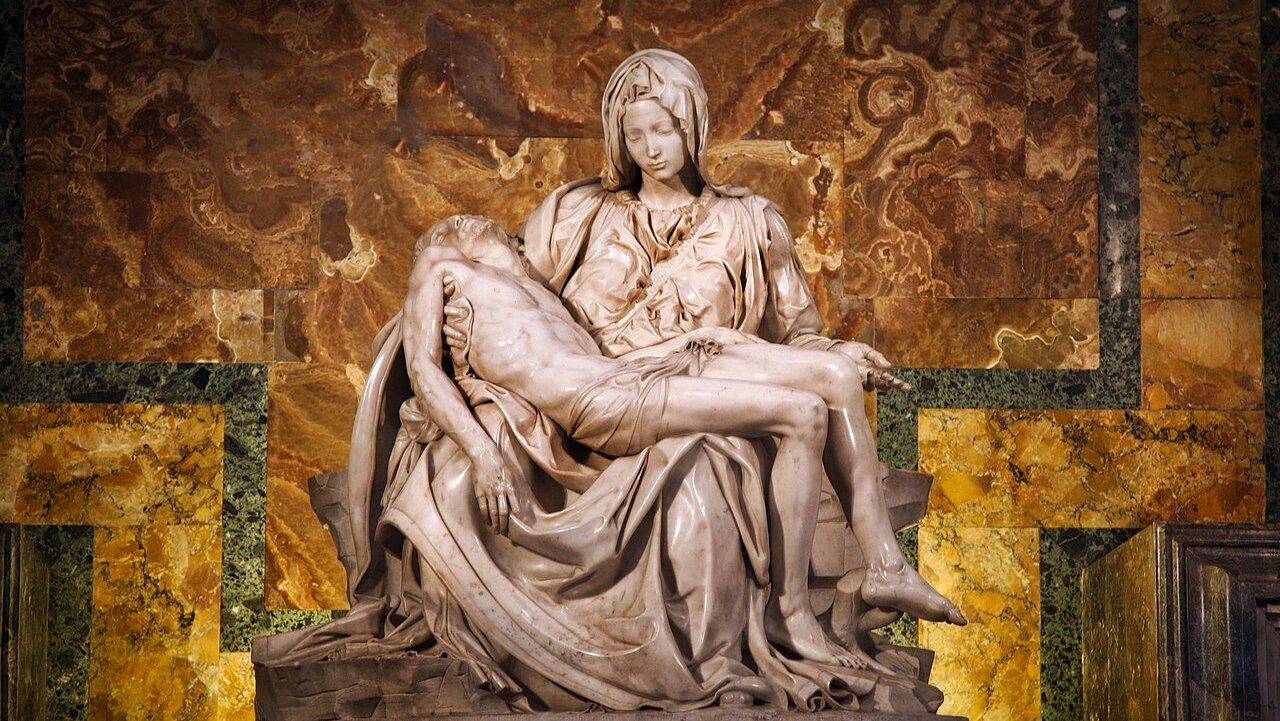
Dignitas Infinita attempts to show that human dignity cannot be manipulated to promote an ideology.

Recent successes in making embryos from stem cells are ethically fraught.

The twin issues of legalised abortion and legalised euthanasia, two sides of the same coin, have proved to be the most slippery of slippery slopes and the thinnest edges of very short wedges.

The approach initiated in Casablanca is new in that it does not call for a simple framework for surrogacy, as is already the case in several countries, but for its pure and simple abolition.

What could have been a local news item has taken on the scale of a national scandal and revived a long-lasting controversy: can killing a child in the womb of its mother be considered homicide?